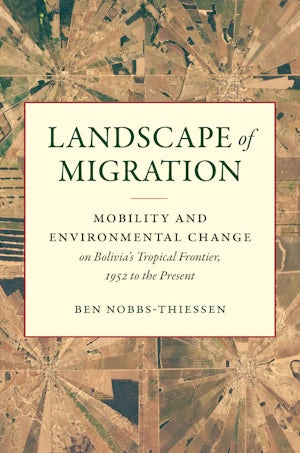This Friday, April 24, the History Department will host its first undergraduate town hall via Zoom. History majors, History minors, and friends of the History Department are invited to attend. See the Zoom details and flyer below. We hope to see you there!
https://emory.zoom.us/j/99040343293?pwd=SlcrMEh0OUJuOWlZd1grbTU0K2w5QT09
Meeting ID: 990 4034 3293
Password: BowdenHall




